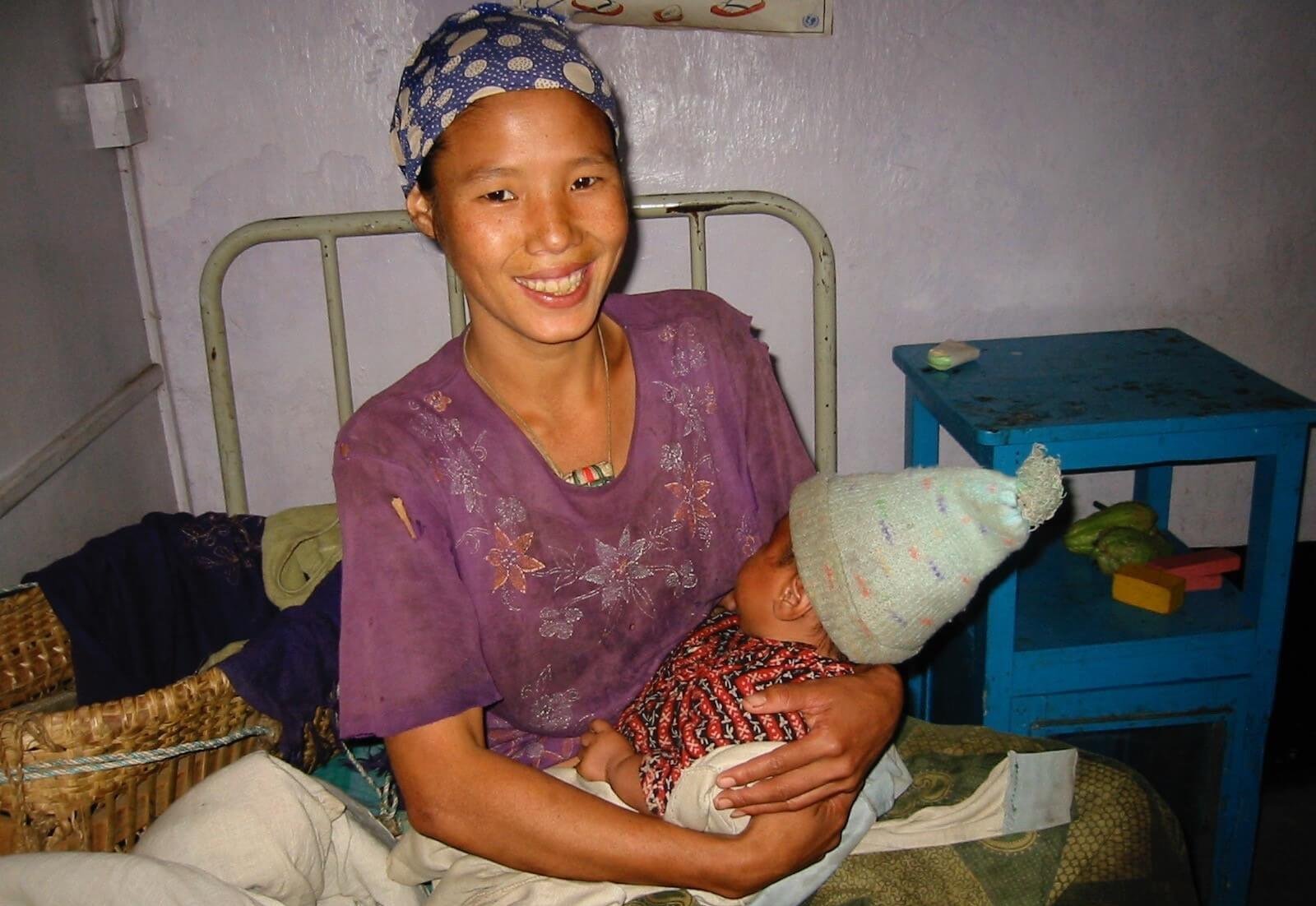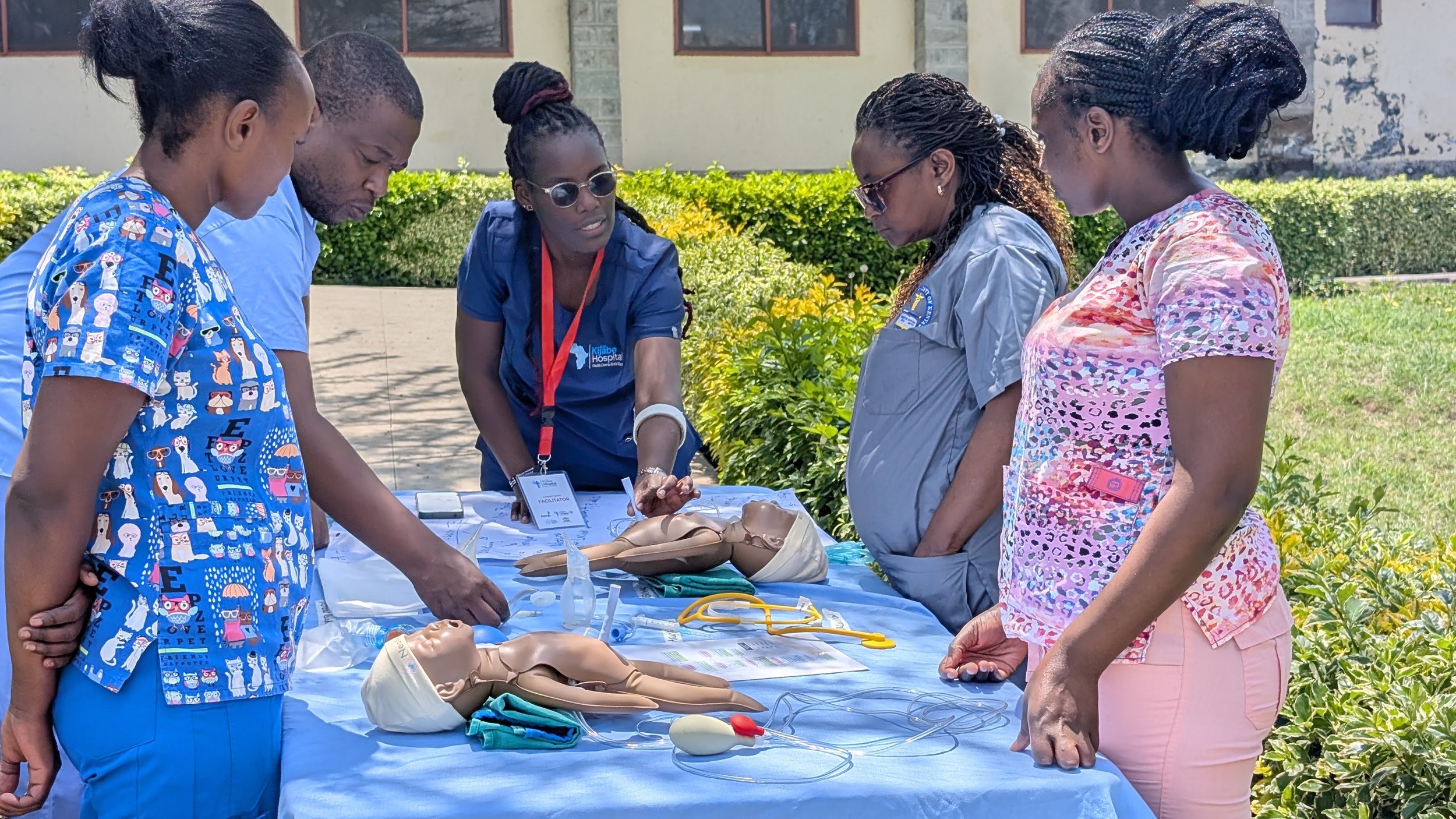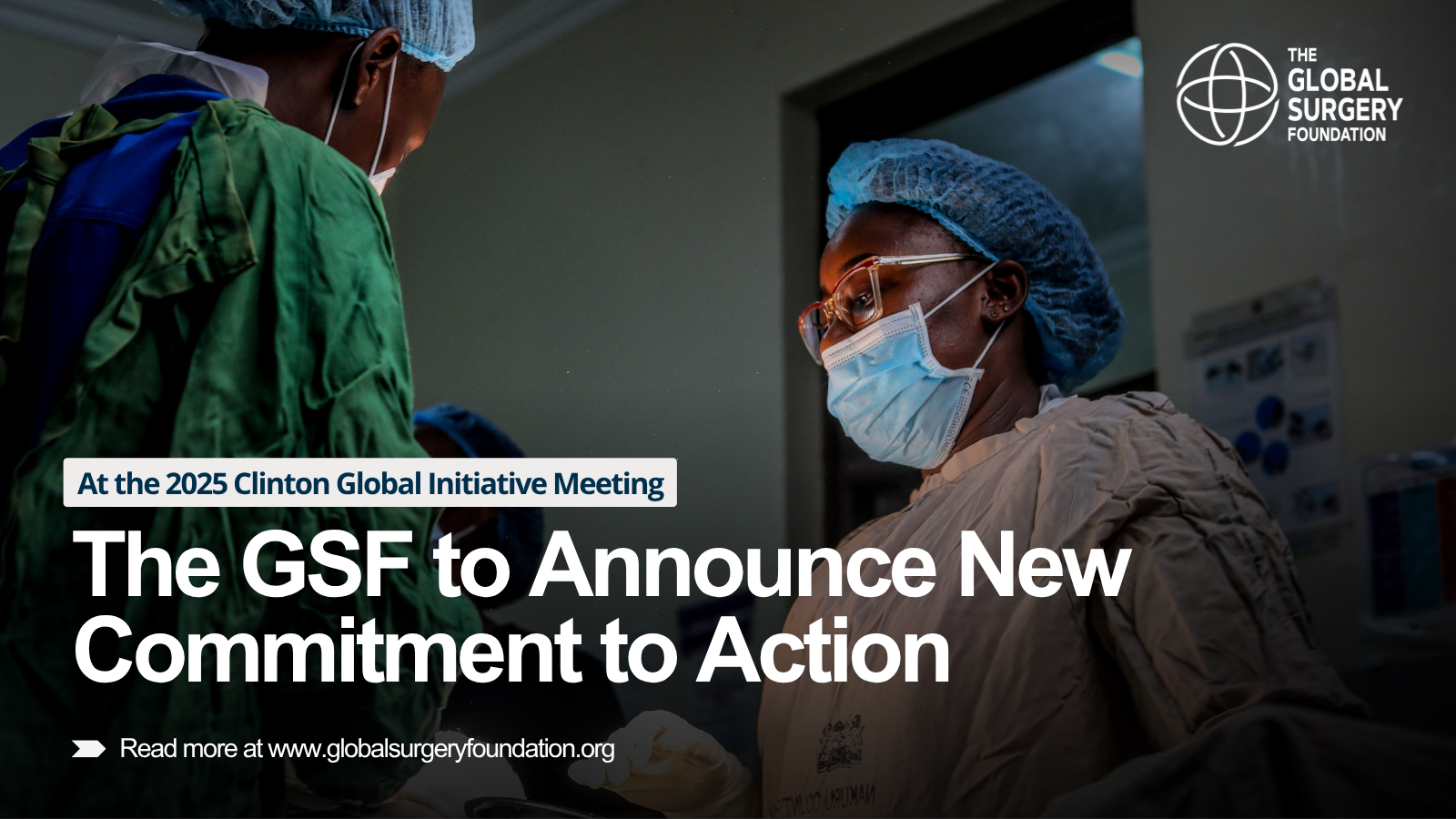
Nepal OSSC project
Saving lives of mothers and newborns in Nepal
The project “Saving Lives of Mothers and Newborns in Nepal: Optimising Safe Surgical Care” (Nepal OSSC) focuses on improving outcomes for pregnant mothers and their babies in the remote province of Koshi by strengthening access to safe, timely, and appropriate caesarean sections.
Women in low- and middle-income countries are 100 times more likely to die from caesarean sections compared to women in high-income countries
Nepal has a maternal mortality ratio (MMR) of 151 maternal deaths per 100,000 live births, while in Koshi Province the ratio is 157, both far above the 2030 SDG target of 70
45% of maternal deaths in Koshi Province are linked to caesarean section, the highest in the country, showing the need to improve surgical safety
Our mission
The Nepal OSSC project aims to greatly reduce the number of mothers and newborns who die or suffer complications linked to caesarean section in Koshi Province.
No mother or newborn should lose their life in the natural process of pregnancy or childbirth. Through this project, we aim to reduce preventable maternal and neonatal deaths by ensuring access to safe, timely and essential surgical care. We believe the collaboration between GSF and NESOG will make a huge difference for families in Koshi Province.
Dr. Saroja Karki Pande
Immediate Past President, Nepal Society of Obstetricians and Gynaecologists (NESOG)
Our approach
The Nepal OSSC project takes a comprehensive approach to build long-term impact and sustainability.
Building Local Partnerships
NESOG leads this project with support from GSF, in close collaboration with the Ministry of Health & Population of Nepal and key frontline stakeholders, to co-design interventions. This approach ensures local ownership, relevance to the community, and long-term sustainability.
Strengthening Care Networks and Referral System
We integrate surgical care into the primary health care system and improve access to follow-up care and referrals at every stage.
Developing Workforce Capacity
We translate global recommendations into practical actions by using a hands-on, interdisciplinary team-based approach to build the capacity of surgical teams. This includes both technical skills and non-technical skills to create a culture of patient safety throughout the entire care process.
Learning and Improving with Data
We use practical innovations to improve the quality of data for continuous learning, adapting, generating evidence, and improving.
Expected impact
>90%
Increase clear and appropriate clinical indication for caesarean section to over 90%
>30%
Reduce complications and deaths linked to caesarean section by more than 30%
>90%
Increase the use of the WHO Surgical Safety Checklist from 0% to over 90%
10,000
Ensure 10,000 safe, timely, and appropriate caesarean births each year across one main hospital and three facilities in Koshi Province
About the project
Caesarean sections are important surgeries that can save the lives of mothers and newborns when done safely and on time. Globally, caesarean sections could prevent nearly 100,000 maternal deaths and reduce newborn deaths by more than 30%. However, in low- and middle-income countries, caesarean sections often aren’t safe, with women facing mortality rates 100 times higher than in high-income countries.
“Nepal has made good progress in maternal health, but the maternal mortality ratio is still far from the 2030 SDG target”
Nepal has made good progress in maternal health, but the maternal mortality ratio is still 151 maternal deaths per 100,000 live births—far from the 2030 SDG target of 70. More women are giving birth in hospitals and access to caesarean sections has improved (from 1% in 1996 to 25% in 2022), but the safety of these surgeries hasn’t kept up. In 2023, 45% of all maternal deaths in Koshi Province were linked to caesarean section, raising safety concerns. Women in Nepal going through a caesarean section also suffer high rates of complications, such as surgical site infection. With the increase in caesarean sections and associated risks, there’s an urgent need to improve surgical safety.
“The goal of the Nepal OSSC project is to improve the safety and quality of pregnancy care”
Launched in July 2024, the 3-year “Nepal OSSC” project aims to build the capacity of local surgical teams in Koshi Province to ensure pregnant women have access to safe, timely, and appropriate caesarean sections. We plan to achieve this through evidence-based capacity building and mentorship. The project will begin at one main hospital and expand to three smaller facilities using a hub-and-spoke model. To support these efforts, each facility will receive the surgical supplies they need for safe caesarean sections. We plan to create a network of at least 10 mentors and train a minimum of 50 surgical team members, including obstetricians, surgeons, anaesthesia providers, scrub technicians, nurses, and midwives. Our goal is to improve the safety and quality of pregnancy care for the more than 10,000 births that happen each year in these facilities.
News and updates
Latest updates from our women’s health programme:
Our project partners
We work with local and international partners to make this locally-led project a success.
Our project team
Dr. Saroja Karki Pande
Immediate Past President,
NESOG
Abinash Upadhayay
Programme Officer, OSSC, NESOG
Sanjeev Sapkota
Administrative and Financial Officer, OSSC, NESOG
Dr. Kusum Thapa
Advisor, Women’s Health, GSF
Dr. John Varallo
Team Lead, Women’s Health, GSF
Dr. Mélanie Samson
Senior Technical Officer, Women’s Health, GSF
Partner with us!
This project is made possible by SURGfund, the world’s first catalytic fund for surgical care.
Partner with us today to accelerate access to surgical care for all women who need it.
Contact: m.samson@globalsurgeryfoundation.org
Sign up for our mailing list below to receive project updates.
























